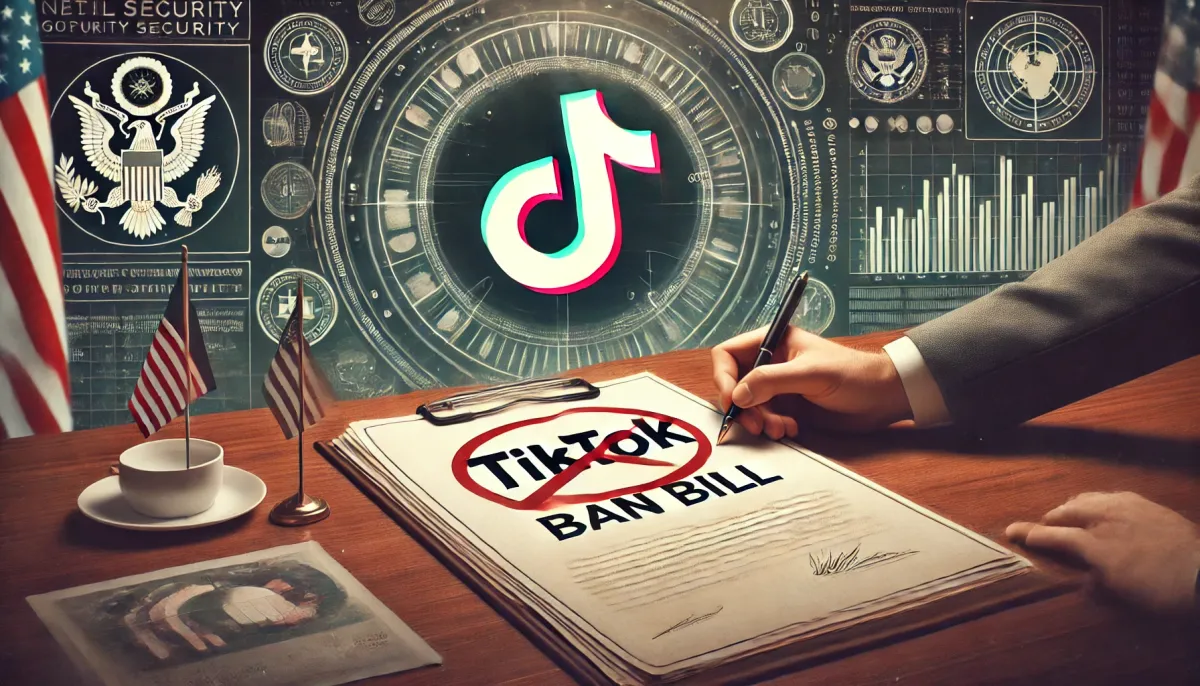TikTok Ban Bill Signed: National Security Concerns vs. Digital Freedom

The TikTok Ban: A Looming Threat to Digital Freedom
In a move that has sent shockwaves through the digital landscape, President Biden signed a bill on April 24, 2024, that could potentially lead to a nationwide ban of the popular social media app TikTok. This legislative action, part of the 'Protecting Americans' Data From Foreign Adversaries Act of 2024', requires ByteDance, TikTok's parent company, to divest its stake in the app or face severe consequences. The law has ignited a fierce debate about national security, freedom of expression, and the future of social media in America.

The Ticking Clock: Divestiture Deadline and National Security Concerns
ByteDance now faces a crucial deadline of January 19, 2025, to complete a 'qualified divestiture' of TikTok. The pressure is mounting, with the possibility of a one-time 90-day extension at the discretion of the U.S. president. This ultimatum stems from deep-seated national security concerns, as lawmakers worry about the potential for the Chinese government to exploit TikTok as a tool for surveillance against U.S. citizens, military personnel, and government officials.
The designation of China as a 'foreign adversary' under U.S. law has further fueled these apprehensions. However, ByteDance argues that divesting from TikTok is not a feasible option, citing commercial, technological, and legal obstacles, including Chinese export control laws that could prevent the sale of the app's core technological components.
Legal Battles and Public Opinion
In response to the looming ban, TikTok has taken legal action, filing a petition in federal court to overturn the decision. The company contends that the ban infringes upon the First Amendment rights of its users and that the divestiture requirement is both impossible and arbitrary. This legal challenge has set the stage for a crucial showdown, with oral arguments scheduled for September 16, 2024, in a U.S. appeals court.
Interestingly, public support for the TikTok ban has waned significantly. Recent polls indicate that only 32% of Americans now support a ban, a sharp decrease from the 50% who favored it in March 2023. This shift in public opinion reflects the growing uncertainty among Americans about the likelihood of the ban being implemented, with half of the population believing it is unlikely to occur.
As the legal battle unfolds, TikTok's lawyers argue that the ban would violate the First Amendment and that less restrictive measures could address any legitimate national security concerns. They assert that the government must demonstrate real threats and prove that the ban is the least restrictive way to mitigate them. On the other hand, the U.S. government justifies the law by emphasizing the potential national security threat posed by ByteDance's connections to China, warning that American users' data could fall into the hands of an adversary.

